Alexey Navalny, a prominent critic of Russian President
Vladimir Putin, has tragically passed away in a Russian penal colony, according
to Russian prison authorities. The announcement came after Navalny reportedly
fell ill during a walk and lost consciousness shortly after.
Despite immediate medical attention, Navalny could not be
revived, leaving behind a wave of shock and grief among international leaders
and supporters. Vice President Kamala Harris described the news as
"terrible" and emphasized the potential implications of Putin's
regime. Similarly, U.S. Secretary of State Antony Blinken condemned Navalny's
death as a sign of Putin's brutality and emphasized the responsibility of
Russia in this tragedy.
Navalny's spokesperson, Kira Yarmysh, expressed uncertainty
about the reports, highlighting the need for confirmation. The location of
Navalny's death, a remote penal colony in Russia's far north Urals region, adds
to the complexity of verifying information.
Navalny's political journey was marked by relentless
opposition to Putin's government. Despite facing imprisonment and alleged
poisonings, Navalny remained steadfast in his criticism. His vocal condemnation
of Putin's policies, both domestically and internationally, earned him
widespread support and admiration, particularly on social media platforms.
Born in 1976, Navalny's activism began to gain traction in
the early 2010s, culminating in his bid for the Moscow mayoralty in 2013, which
he contested as rigged. His confrontational stance against Putin's
administration earned him the label of "crooks and thieves,"
resonating with millions of Russians disillusioned with the ruling regime.
Navalny's persistent activism led to numerous confrontations
with Russian authorities, including his poisoning with a nerve agent, Novichok,
in 2020. Despite the odds, Navalny survived the attack and attributed it to
Putin, vowing to continue his opposition.
His return to Russia in 2021, following treatment abroad, resulted
in immediate detention and subsequent imprisonment. Navalny's hunger strike and
calls for proper medical care garnered international attention and renewed
scrutiny of Putin's government.
Throughout his ordeal, Navalny remained a symbol of resistance
against authoritarianism, inspiring widespread protests and solidarity
movements both within Russia and abroad. His untimely death leaves a void in
the fight for democracy and human rights in Russia, but his legacy of courage
and defiance will endure.
Navalny is survived by his wife, Yulia, and their two
children, Daria and Zakhar, who carry on his legacy of standing up against
oppression and injustice.


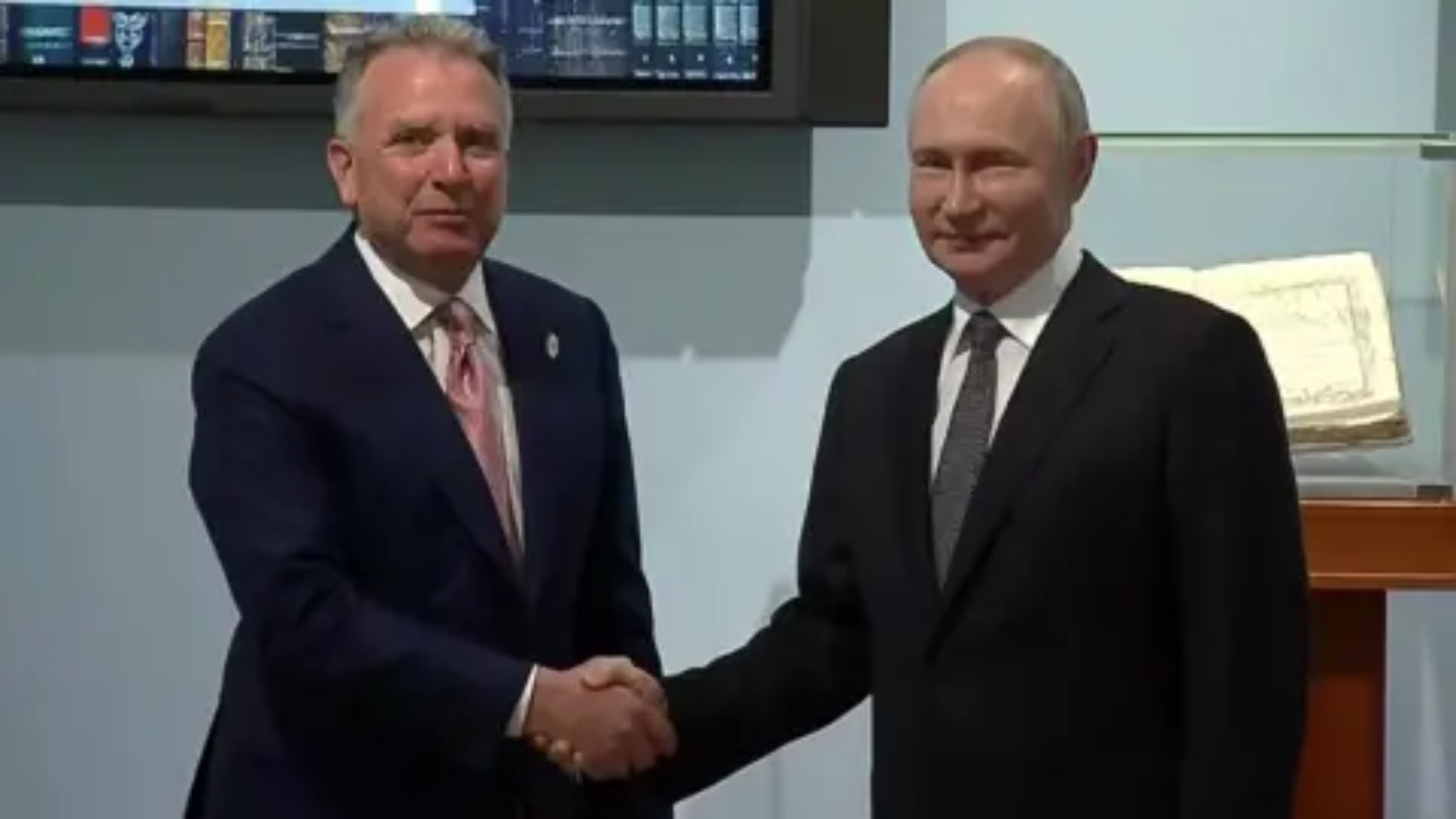
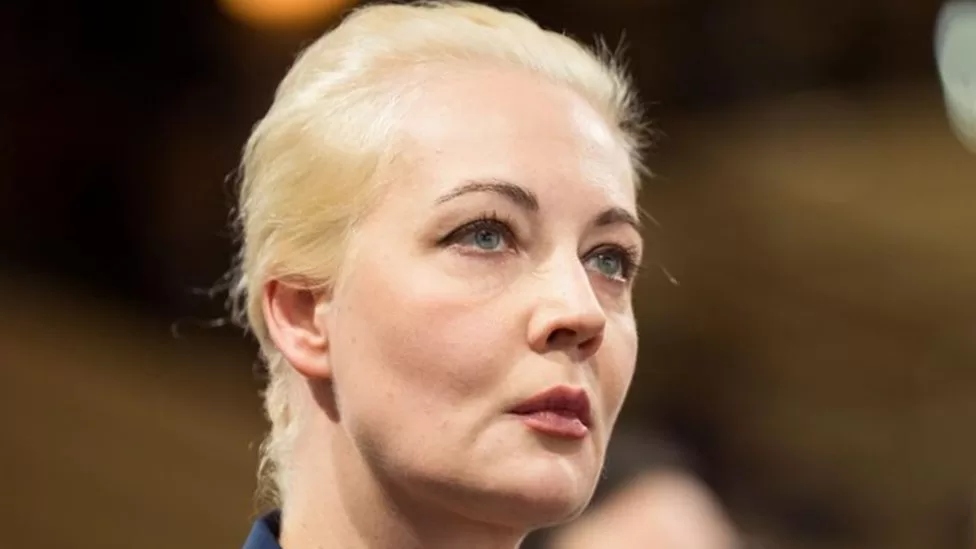

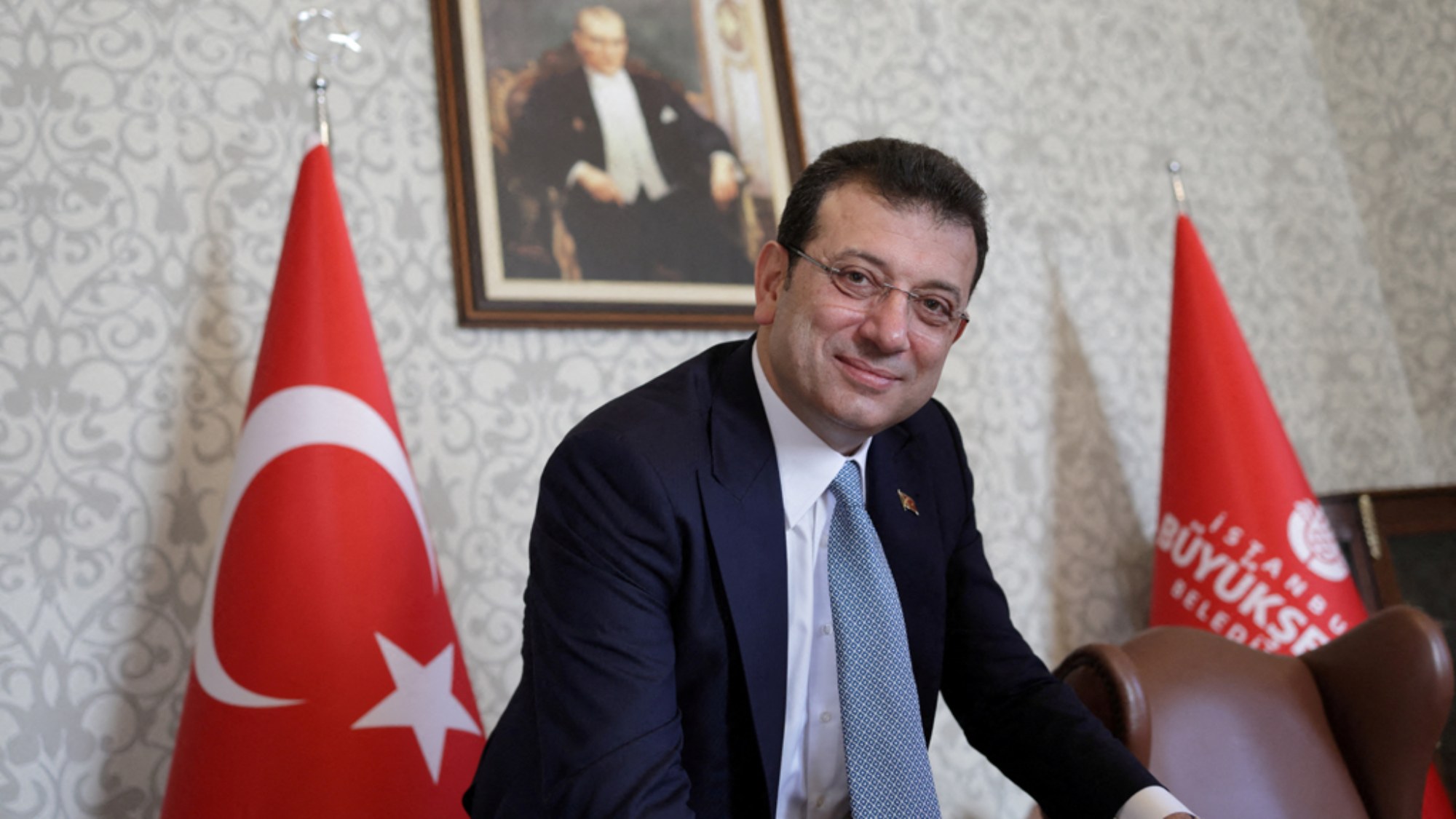
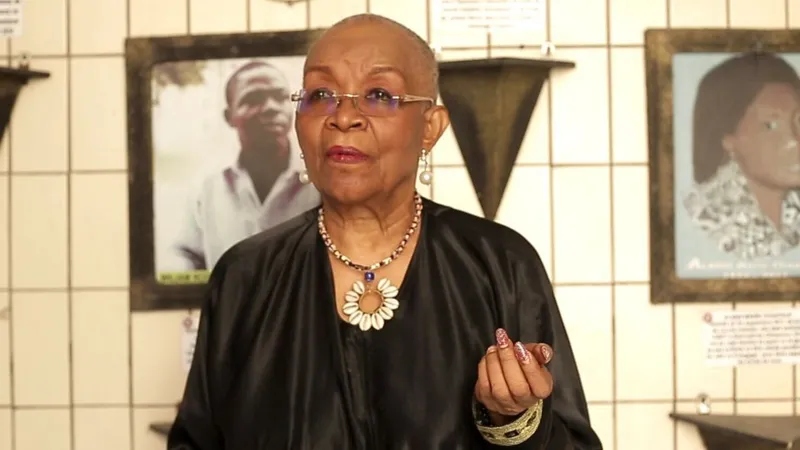
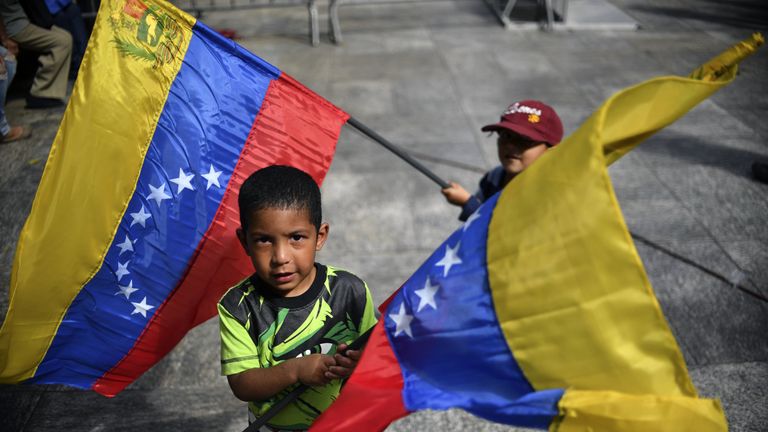


.jpg)